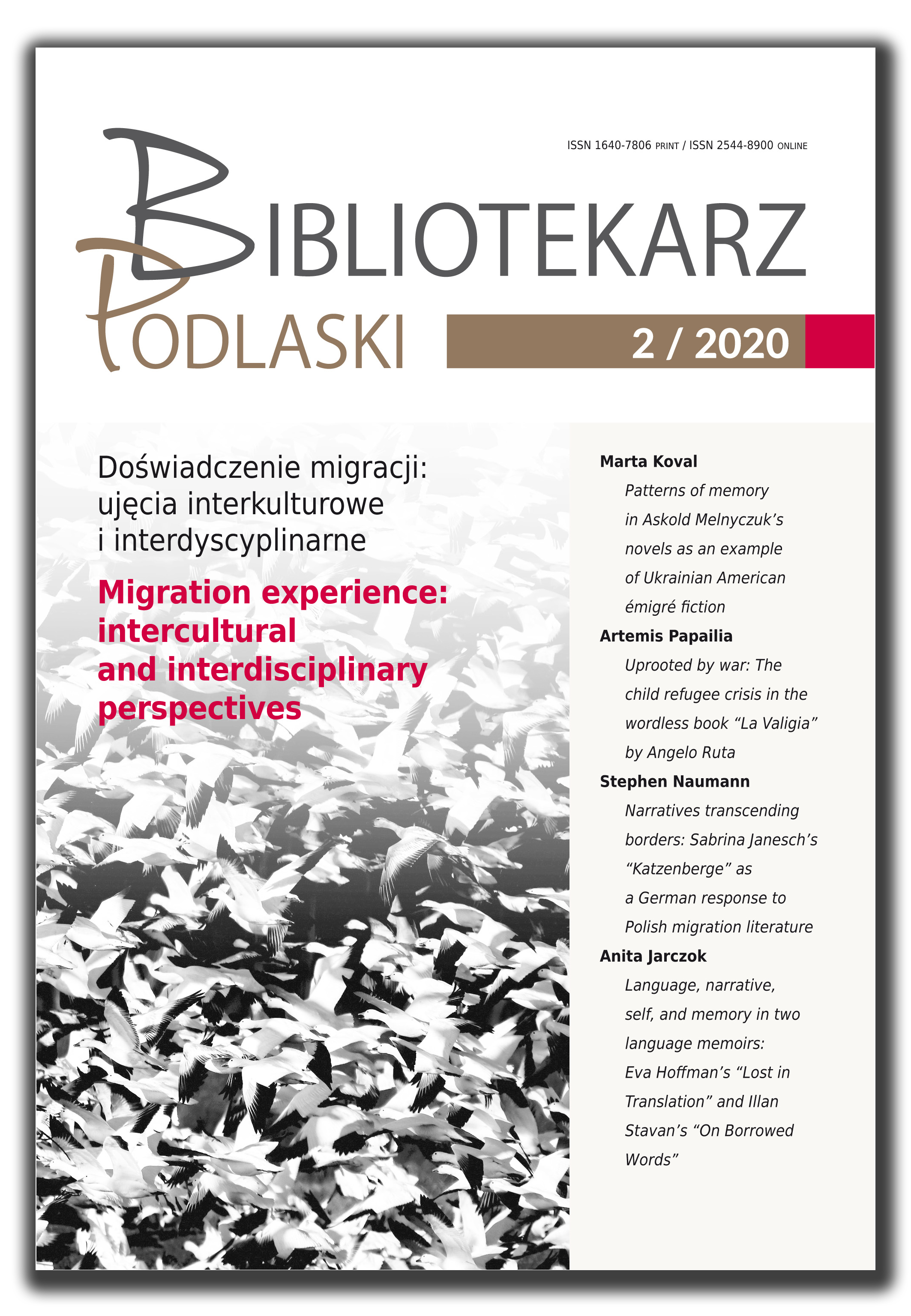Abstract
For many members of the Somali diaspora, the fear of fading memories places a sense of urgency on them to keep these stories of their homeland alive. The great African novelist Ben Okri once said, “to poison a nation, poison its stories”. Stories have the ability to harm or heal societies. Oftentimes, it is simply exclusion from the main narrative that can greatly harm or marginalize a group of people. This paper examines the use of memory in the reconstruction of a once cosmopolitan city by the Somali diaspora around the world through the Memories of Mogadishu initiative. The film by the same title is a short documentary made by the author, in which she interviews nine members of the Somali diaspora currently residing in Canada. Ultimately, this project and this paper reveal the realities of how post-conflict societies, and individuals within them, reconstruct and reconcile their memories, in this case of their former home of Mogadishu, Somalia. This paper analyses the nine interviews and is divided into the following four sections: “Memories of Mogadishu before the Civil War”, “Civil War and Leaving Mogadishu”, “Identity Revision, Memory, and Routinization”, and “Losing and Rebuilding Memories of Mogadishu (and Themselves)”.
References
Alexander, J. C., Eyerman, R., Giesen, B., Smelser, N. J., & Sztompka, P. (2004). Cultural Trauma and Collective Identity. University of California Press.
Bhugra, D. (2004). Migration, distress and cultural identity. British Medical Bulletin, 69(1), 129-141.
Gemignani, M. (2011). The past if past: The use of memories and self-healing narratives in refugees from the former Yugoslavia. Journal of Refugee Studies, 24(1), 132-156.
Lohmeier, C., & Pentzol, C. (2014). Making mediated memory work: Cuban-Americans, Miami media and the doings of diaspora memories. Media, Culture & Society, 36(6), 776–789.
Ndejuru, L. (2015). A Modest Reconciliation: Coming to Terms with Conflicted Stories through Oral History, Dialogue, and Playback Theatre in Montreal’s Rwandan Canadian Community. In M. Bradley (Ed.), Forced Migration, Reconciliation, and Justice. McGill Queens University Press.
Ramzanali Fazel, S. (1994). Far From Mogadishu. Datanews.
Siad, A. (2020). Memories of Mogadishu. https://www.youtube.com/watch?v=mhjV82gQ0Zg&t
Articles published in the “gold open access” mode on the basis of a non-exclusive license agreement between the publisher and the author. Permitted use:
- the publication may be read and stored on any device,
- the publication may be cited (with obligatory reference to the author, the title of the text, as well as the full title, bibliographic address of the issue and page of the journal)
The editorial team of “Bibliotekarz Podlaski” implements an open access policy by publishing materials in the form of the so-called Gold Open Access. From volume 42 (issue 1/2019), the journal is available under the Creative Commons license (Attribution – ShareAlike: CC BY-SA).
The key declarations of the Open Access and Open Science movement, which we fully support, are available on the CEON Open Science website.
COPYRIGHT:
The editorial team of “Bibliotekarz Podlaski” implements an open access policy by publishing materials in the form of the so-called Gold Open Access. The journal is available under the Creative Commons license – Attribution – ShareAlike 4.0: International: CC BY-SA 4.0).
The key declarations of the Open Access and Open Science movement, which we fully support, are available on the CEON Open Science website.
“Bibliotekarz Podlaski” allows its readers to read, download, copy, distribute, print, search and link to the full content of articles. We enable full, immediate, unlimited (both in a territorial, temporal and technical sense) open access to all published content, in accordance with the principle that freely available research increases and accelerates the global development of science and the exchange of knowledge.
The editorial team of “Bibliotekarz Podlaski” encourages authors to place articles published in the journal in open repositories (after the review or the final version of the publisher), provided that a link to the journal’s website is provided.
The journal does not charge the authors any fees for accepting and publishing their texts.


